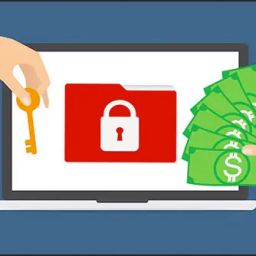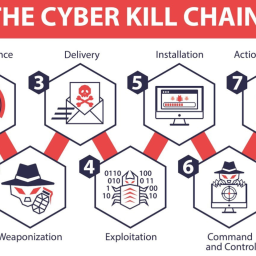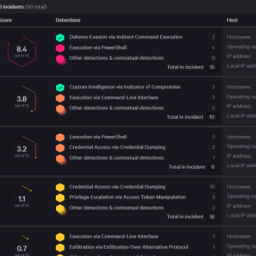Large LA Hospital Held Hostage with Ransomware
Just read this recent article from the Salt Lake Tribune, It says that a large Los Angeles hospital chose to pay hackers who were holding its computer network hostage with Ransomware, a move its CEO said was in its best interest and the most efficient way to end the problem.
“Hollywood Presbyterian Medical Center showed uncommon transparency in saying Wednesday that it paid the 40 bitcoins — or about $17,000 — demanded when it fell victim to what’s commonly called ‘ransomware.’
The hacking tactic is growing fast against both individuals and institutions, but it’s difficult to say exactly how fast, and even tougher to say how many pay up.”
What is Ransomware?
According to Trend Micro, this type of malware that prevents or limits users from accessing their system. This type of malware forces its victims to pay the ransom through certain online payment methods in order to grant access to their systems, or to get their data back. Some of this malicious software encrypts files (called Cryptolocker). Other ransomware use TOR to hide C&C communications (called CTB Locker).
The ransom prices vary, ranging from $USD 24 to more than $USD 600, or even its bitcoin equivalent. It is important to note, however, that paying for the ransom does not guarantee that users can eventually access the infected system.
Users may encounter this threat through a variety of means. This malware can be downloaded by unwitting users by visiting malicious or compromised websites. It can also arrive as a payload, either dropped or downloaded by other malware. Some ransomware are delivered as attachments to spammed email.
How Topgallant Can Help Prevent Ransomware
Commentary from Topgallant is that this could have been avoided if they had done proper training and properly backed up there systems.
Just another example of where we can help your organization.














